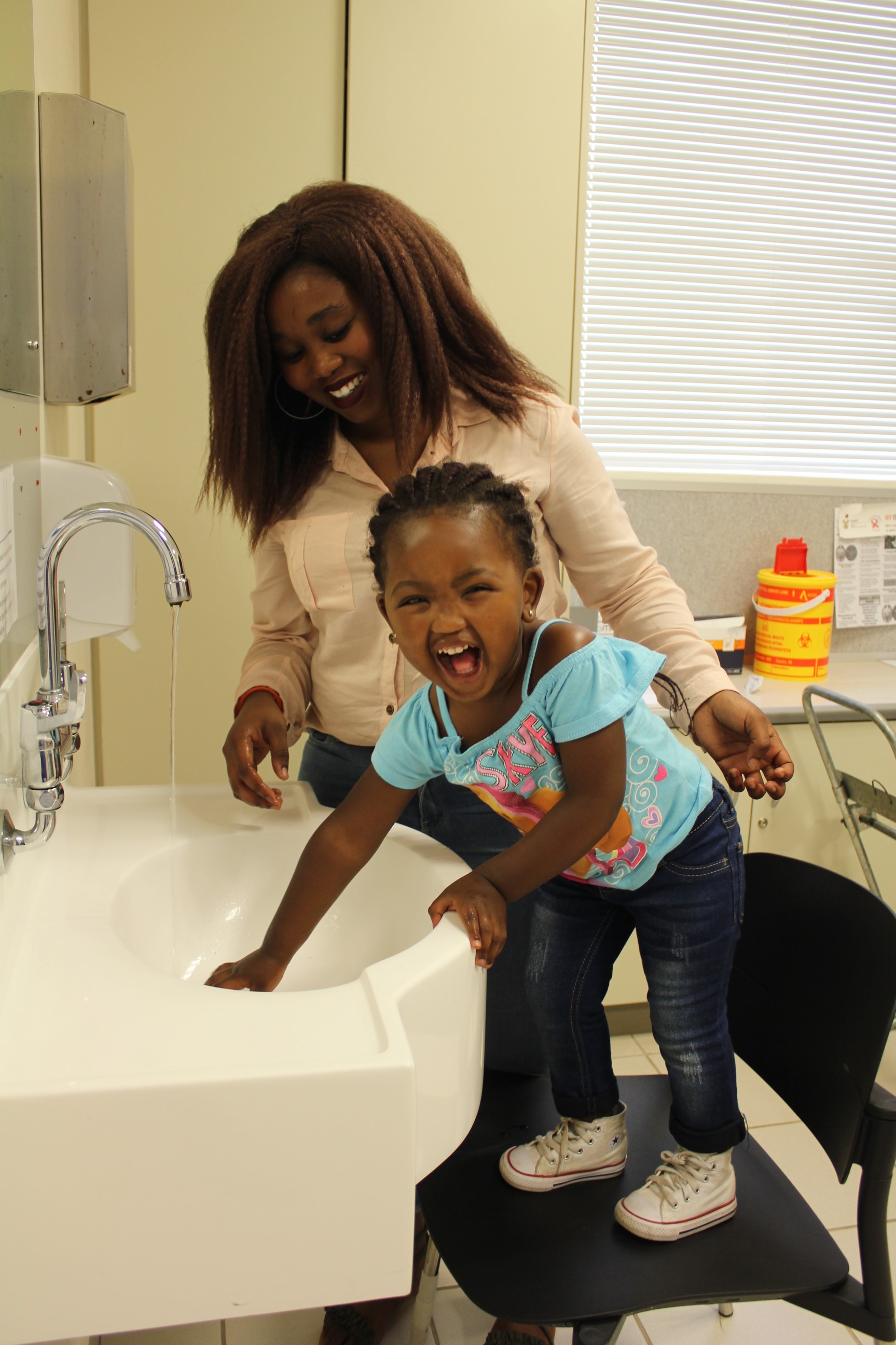
News
Child protection week: protect children from preventable disease and injury
Tomorrow marks the end of Child Protection Week. However, the protection of children needs to be a priority all year round. We need parents and caregivers to take the necessary steps to ensure their children are healthy, develop and grow properly, and are protected from illness and injury.
“The first few years of a child’s life is when critical physical, social, and brain development takes place. It is an important opportunity to build a solid foundation for their health, ability to learn and form good relationships down the line. As parents and caregivers, it is our responsibility to give our children the best possible future,” said Dr Nomafrench Mbombo, Western Cape Minister of Health.
Protecting a child includes shielding them from preventable diseases by taking them for all their immunisations. These are available for free at health facilities and strengthen the body’s immune system. Immunisations protect children against illness such as measles, tetanus, TB, diphtheria (which affects the lungs), leprosy, whooping cough, Hepatitis B, and polio. These are all very dangerous diseases that can lead to permanent disability and even death.
When a child is born, the parents receive a Road to Health book with information on nutrition, developmental milestones, health guidelines, and immunisation information to support and guide them. Parents and caregivers can use the immunisation schedule in the Road to Health book to make sure all their child’s immunisations are up to date. If you have missed an immunisation date, please take your child to your nearest clinic for the immunisation. You will also need an up to date immunisation record in your child’s Road to Health book to apply to schools.
You can also protect your child from diarrhoea, the flu, and some forms of meningitis by practicing good hygiene at home. It starts with washing your hands with soap and clean water every time after using the toilet, changing nappies, before preparing meals, and before feeding your children. Make sure your child also washes their hands regularly before eating, touching their face, after going to the toilet, and after playing outside. To wash your hands effectively, wash both sides, between all your fingers and up to your wrists with soap and clean water.
Other important hygiene practices include drinking clean, safe water (boiled if necessary); clean toilet practices and getting rid of faeces safely; clean kitchens and clean, safe preparation and storage of food, as well as safely getting rid of food waste and other rubbish (municipal removal or deep burying) so that it doesn’t attract flies, which spread germs.
Children must also be kept safe at home. Many serious injuries can be prevented by supervising young children constantly. A child should not be left unattended or unsupervised. Parents should ensure that there is always a responsible adult, who they trust, taking care of their child and that they know where their child is at all times.
Follow these tips to prevent injuries at home:
· Keep hot drinks out of reach of small children;
· Keep floors free of toys, electric cords and obstructions that can be tripped over;
· Never leave babies unattended on raised surfaces, like tables or beds;
· Never leave babies unattended in the bath or playing near water;
· Never leave basins or buckets of water on the floor or in the reach of small children
· Be especially careful of leaving fires, candles and matches unattended and in the reach of small children;
· If your house has stairs, block them off from your baby or toddler;
· Store medicines, alcohol and poisonous substances like paraffin and cleaning products out of reach and out of sight of children;
· Never keep paraffin or poisons in cool drink bottles;
· Always strap your child into a car seat if travelling in a car (this is now a law in South Africa); and
· Always use a securely fitted safety harness in a pram, pushchair or highchair.
It is also important to protect your children’s teeth. Use a small, clean cloth to clean your baby’s gums before the first teeth appear. Once teeth appear, use a small, soft toothbrush with a small fingernail sized amount of child toothpaste to brush teeth. Brush teeth and along the gum line twice a day; in the morning and at night before bed.
Don’t give your child sugary snacks and drinks. Children should eat a healthy balanced diet with lots of fresh fruit and vegetables. Inspect your child’s mouth regularly to spot early signs of tooth decay and consult a dentist or health worker if you notice anything abnormal. If your child does not develop according to the growth and weight guidelines in the Road to Health book, you should take your child to the nearest clinic as soon as possible.
By protecting our children from preventable disease and injury and teaching them good hygiene practises, we are giving our children a good start to a bright future.
– END –
Maret Lesch
Communications
Western Cape Government Health
Tel: 021 483 5454
Cell: 083 683 0588
Email: Maret.Lesch@westerncape.gov.za
Website: www.westerncape.gov.za


